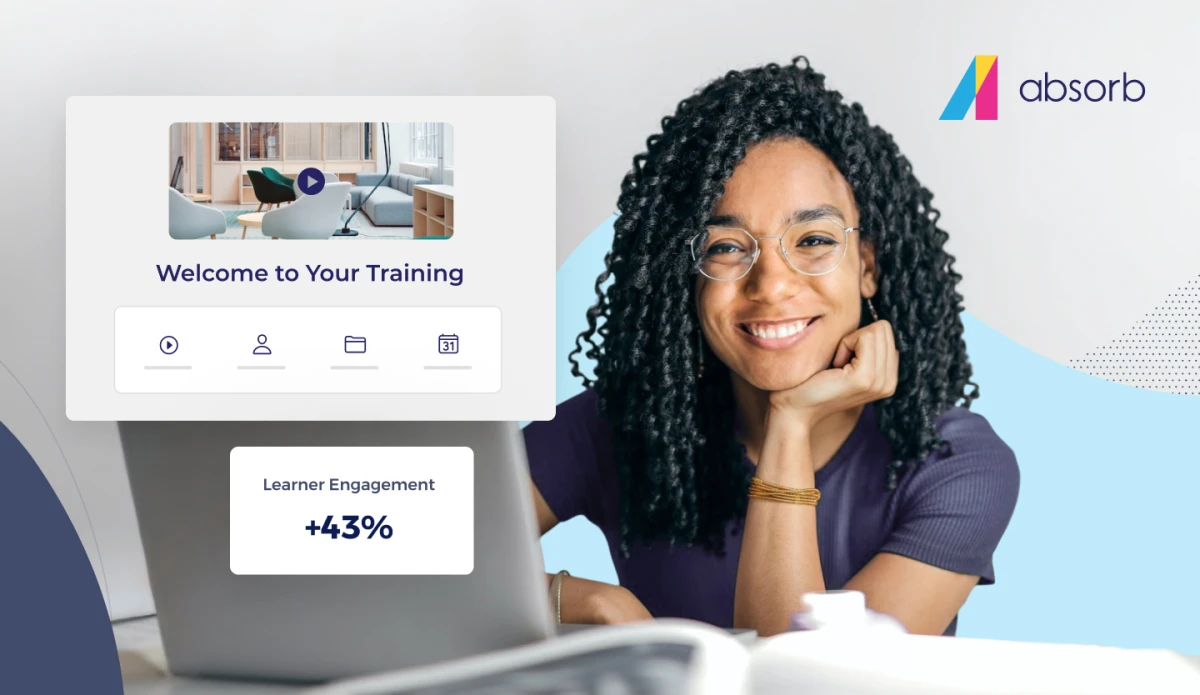In the world of human resources and corporate management, words like "diversity" and "inclusion" have become popular industry buzzwords. Many businesses claim to support diversity and inclusion, but if there's no education or action, it's just that: words. What do the numbers say? In a recent Boston Consulting Group (BCG) study, the authors found that 91% of companies have a diversity training program in place; however, only 27% of female employees feel that they benefit from these programs. The Harvard Business Review recently found that 50% of "diverse employees" experience bias in their workday, while another 50% stated that their employers don't have adequate mechanisms in place to prevent bias from influencing major decision-making, such as promotions or raises. "Diversity" and "inclusion" are often used interchangeably, but in reality these terms differ. Diversity refers to an individuals various characteristics and traits, such as age, gender, race, work style, geographic location and perspectives that set them apart from one another. Inclusion is a pattern of behaviors that make people feel welcome in the workplace. Employers can "check the box" for diversity, but that doesn't mean that the workplace is inclusive. For companies to reap the benefits of a truly diverse workforce, business leaders must continually train their executives, managers and employees on how to support distinct viewpoints throughout the ranks.
Importance of diversity training
Diversity training is a strategic business initiative. It creates awareness of diversity issues while teaching employees how to get the most value out of a diverse workplace. Such training can include lectures, role-playing, eLearning or microtraining. Using an LMS adds the benefits of consistent, continual training; maximized efficiency; reduced costs; and up-to-date curricula. As technology and the workplace rapidly change, businesses should modernize their training programs and learning management systems. As millennials are now the largest generation in the workforce, according to the Pew Research Center, this generation demands the benefits of diversity and inclusion.
Creation of LMS diversity training
Before implementing a diversity training program, businesses should examine their levels of diversity and current culture as a baseline. Doing so can provide insight with which to tailor training. For example, companies can focus on training management first, as buy-in from all leaders is critical to achieving a successful diversity program. Companies can also add life to training by including individualized curricula or role-playing through an LMS. By encouraging employees to walk a mile in someone else's shoes, businesses can help them experience different viewpoints. It's one thing to read about the importance of inclusivity; it's another to experience non-inclusive environments. Managing these instructor-led courses (ILCs) in an LMS empowers you to not only manage training logistics, but more importantly, track and measure the outcomes afterwards to understand what works and what additional trainings may be necessary to gain the cultural alignment you seek.
Going beyond inclusion
Leaders should focus not just on bias reduction, but also on bystander intervention, according to Harvard Business Review. Also, continue the diversity conversation throughout the year. By doing so, organizations integrate a diversity mindset into the business's culture, as opposed to offering a one-off training, which can easily be forgotten in a matter of days. With LMS training programs, employers can create a financially successful organization in a respectful and supportive environment. Companies with diverse management teams reach 19% higher revenue and 9% higher EBIT margins than those that don't, the BCG study found. According to a recent study by Deloitte, companies that embrace inclusive environments are also twice as likely to hit their financial goals, three times as likely to achieve high performance and eight times as likely to accomplish improved business outcomes. Furthermore, diverse and inclusive workplaces are leading drivers of innovation and attract top talent, according to Forbes Insights. As a primary strategic priority, with LMS training, employers can improve recruitment, retention, cash flow and market expansion. By finding the right LMS partner, you'll ensure that your organization fosters a thriving community, strengthened by prioritizing an inclusive and diverse work environment.





